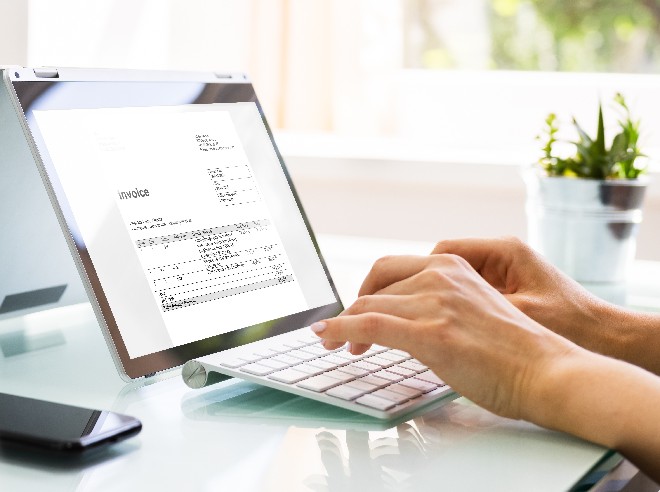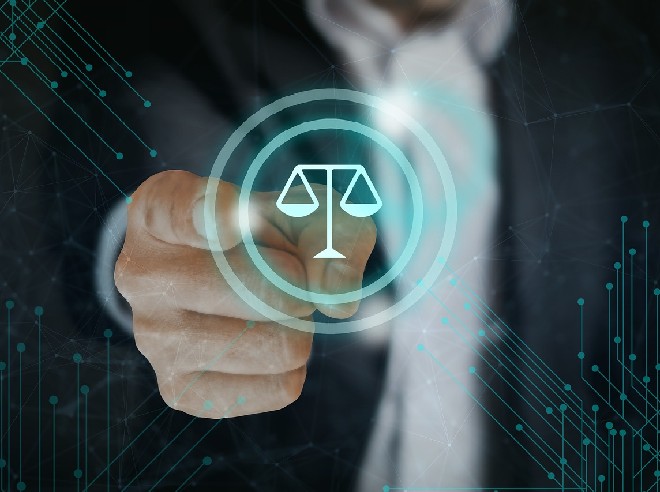The compulsory implementation of the Electronic Invoice in the B2B field established by the Create and Grow Law is one of the leading issues in 2024. Consequently, there are many doubts on the user side. One of the main questions is how it will coexist with current and future accounting records and electronic document interchange systems.
eDiversa Group will try to mitigate these doubts below:
- SII
The Immediate Supply of Information (SII) is the system promoted by the Spanish Tax Agency for the immediate and electronic transmission of VAT records. This is implemented throughout Spain, including the regional and Canary Island tax authorities. Companies that invoice more than six million euros annually, companies registered in the REDEME (Register of Monthly VAT Return), professionals who pay taxes in special VAT groups as well as those who voluntarily decide to apply are obligated to comply with the SII.
If there are no modifications, the companies obligated to use the SII will have to adopt the new Electronic Invoice system at the same time. We are talking about two different systems and requirements. While the SII is promoted by the Tax Agency and is a tax report, the B2B Electronic Invoice is a project of the Ministry of Economy that aims to monitor the status and payments of economic transactions to reduce the default rate.
For now, the SII and Electronic Invoice systems will not be mutually exclusive. Although the possibility of merging the two processes in the future is not ruled out, for the time being, both processes must be complied with.
- VERIFACTU
The verifiable invoice issuance system or Verifactu was created within the context of the Antifraud law. Some of its principal objectives are to fight tax evasion and promote the digitalization of tax declarations. All the Electronic Invoices, whether B2B, B2C or B2G, will be sent using certified software that complies with the requirements established by the Tax Agency. The Royal Decree 1007/2023 that includes Verifactu has already been passed and although its development is still pending, it should be put into place before July 1, 2025.
All entrepreneurs, SMEs and freelancers using invoicing software must comply with the Royal Decree. However, those companies adhered to the SII, part of the simplified regime and agriculture, as well as those exempt from the obligation to invoice will be excluded from its use. It will apply to the entire Spanish territory, the Canary Islands, Ceuta and Melilla, excluding the Basque Country and Navarra.
While the Verifactu system hopes to establish a control of the existence of each invoice through unique identifiers, the regulation of the Create and Grow Law looks to regulate the invoice interchange process between all the parties involved in a commercial transaction. Although both revolve around the Electronic Invoice, they are different systems and purposes that should be complemented. In other words, the formats and technical requirements are distinct, and one system does not exclude the other; however, those companies that must comply with Verifactu, should implement both.
- TICKETBAI
TicketBai is a project by the three regional councils and the Basque Country that seeks to enhance digital transformation and avoid tax fraud through an improved invoicing and collecting system registration. On a commercial level, its objective is to avoid unfair competition, guarantee the consumer a purchase ticket and obtain greater control over cash collections.
It only affects companies and freelancers with registered offices in the Basque Country, which must use software that generates a single file and transmits it to the corresponding tax authorities when issuing each receipt or invoice. As it affects all commercial transactions, including those of end consumers, this software must be implemented in any device that issues invoices, whether it is a POS, a tablet, etc.
The Create and Grow Law is a national regulation. Companies required to use TicketBai will have to implement it in the same way as the B2B Electronic Invoice following the requirements established by the regulation. This means that both systems should be used and applied in a complementary manner.
- ViDA
The VAT in Digital Age (ViDA) project is a European proposal to establish control of fiscal reporting between member states of the European Union. It is a simple plan of action to electronically report VAT declarations in real time using the Electronic Invoice.
At that time, e-invoicing will be subject to common European standards. As of January 1, 2024, each Member State may freely establish a mandatory electronic invoicing system, which is already happening in Spain with the implementation in the B2B scenario through the Create and Grow Law. ViDA will not only regulate the way in which invoices must be issued but will also consider the deadlines for issuing them in the case of intra-Community transactions and those in which the reverse charge rule is applied. For the time being, this is a project under development, which is expected to see the light of day in 2028.
- EDI
Electronic Data Interchange or EDI is a system of electronic interchanging of documents based on standards and rules, national and international, which define and regulate the way companies interchange different commercial documents such as purchase orders, delivery notes, invoices, etc.
Although EDI is not an accounting record, it is interesting to take it into account in the new B2B invoicing scenario. This is because companies that already have EDI implemented will already have a great starting base. Even if they need to adapt their current systems to meet the requirements of the Electronic Invoice technical regulation, they will start with part of the necessary architecture. It is also worth noting that one of the formats proposed in the technical regulation draft is EDIFACT, one of the most widely used EDI standard formats in Europe.
In general terms, those companies obligated to comply with one of the accounting systems previously mentioned will find themselves with the scenario of assuming in parallel the requirements of the new electronic invoicing system. From eDiversa Group, as a company with extensive experience in electronic document interchange and document management, we offer services to avoid the overload involved in establishing all these processes. Through automatization, it is possible to alleviate the tension from its management, avoid human error and reduce costs as well as easily and efficiently comply with compulsory regulations.
If you have any questions about the former processes or about the implementation of the electronic invoice don’t hesitate to contact us through info@ediversa.com or 931 833 790. We will be pleased to help you.






